‘We are in a horrible fiscal bind’ says the Institute for Fiscal Studies this morning, as it publishes its Green Budget report ahead of the Autumn Statement. A combination of stagnant growth, stubborn inflation, rising debt interest payments and a tax burden at a postwar high has produced a grim assessment of the UK economy, which the IFS suggests will worsen in the coming years, as ‘huge fiscal pressures’ around the National Health Service and public sector pensions increase (more on that here). The report’s conclusion is that now is not the time to raise taxes. It would make terrifying reading for a Conservative prime minister and chancellor if they weren’t already aware of the dire financial state we’re in.
Jeremy Hunt has been clear for months that the Autumn Statement will not include any major tax cuts
Jeremy Hunt has been clear for months that the Autumn Statement will not include any major tax cuts. Any excitement around lowering the tax burden has been pushed to next year’s March Budget. The Chancellor’s main reason for delaying tax cuts is similar to what the Green Budget leads on this morning: that debt interest payments have spiralled out of control. Even a small spike in rates, leading to higher debt servicing payments, is what used to keep chancellor Rishi Sunak up at night – and those hikes ended up happening at a faster and greater extent than most anyone imagined. The IFS calculates that higher payments are here to stay, ‘expected to settle at its highest sustained level since the mid-1980s, around £30 billion above levels to which we have become accustomed.’
The IFS focuses heavily on national debt in its report and is highly critical of the Chancellor’s fiscal rule to have debt falling as a percentage of GDP – crucially, by the end of a rolling, five-year period. This has always been a ‘badly designed target’ because it allows for the goalpost to keep moving with every fiscal update: if the five-year period keeps moving, the target could be said to be met without ever achieving a fall in that debt-to-GDP ratio. In the words of Saint Augustine, ‘Lord make me pure, but not yet.’
While the IFS is expecting borrowing for this fiscal year to come in around £20 billion lower than expected, the thinktank points out that this should ‘not indicate space for tax cuts’. We learned the hard way last year what happens when the government slashes tax permanently on the premise that growth or spending cuts will pay for it later. Moreover, the IFS predicts that even if borrowing projections were overegged, it expects ‘the OBR to be forecasting higher deficits than it did back in March’ thanks to those debt servicing payments. In other words, there’s little-to-no fiscal headroom, even using the Chancellor’s very liberal fiscal rule.
But while the Chancellor may be relieved that the Green Budget endorses his plans for fiscal discipline next month, it brings with it a rebuke of potential tax cuts next year. The IFS agrees with Hunt’s assessment that a big tax cut right now could fuel inflation, describing it as a ‘short-term economic sugar rush’ that could trigger a ‘protracted recession’ as rates might need to rise further to curb people spending their extra cash. However, CitiBank, which produces the Green Budget with the IFS, notes in its part of the report that it sees ‘the risks as skewed towards a recession’ in the UK next year. Tax cuts would be a sugar rush now, they argue, but also at the Spring Budget.
This remains a disputed point: until recently, inflation outpaced wages for almost two years (as Michael Simmons reports this morning, pay in real terms has only increased by 1 per cent in the latest update). It is hard to imagine that a small cut to the basic rate of tax, for example, would trigger a secondary inflation spike. More likely, it would provide a bit of cushion to workers dealing with far higher food and housing costs than they were this time last year.
But the Green Budget insists that this is not a problem contained to this year. Rather, there is no room for ‘net tax cuts any time soon’ – a timeline that they stretch out until well beyond the next election. The tax burden is already proving tricky for the government, notes the IFS, as the freeze in tax thresholds is set to pull 6.5 million more people into income tax (and 4.5 million workers into the higher rate) between 2020 and 2027. This amounts to a ‘colossal £52 billion a year tax increase’. These are not numbers the Tories want bandied around going into the next election. It is also getting increasingly difficult to explain why workers are handing over more and more of their earnings to the Treasury, while they seem to be getting less in the way of public services (or find themselves on the 7.6 million strong wait lists for NHS England).
But the Green Budget isn’t the only show in town this year. Next month, Liz Truss’s Growth Commission plans to publish its ‘alternative budget report’ called the Growth Budget, which claims to use dynamic modelling to assess potential tax changes and regulatory reform. It’s thought to be part of the former prime minister’s ongoing challenge to the OBR, which she sidelined from assessing her mini-Budget last September. Of course the Growth Budget sounds awfully similar to the ‘Growth Plan’ that Truss and Kwasi Kwarteng produced last year, which was then dismantled almost fully just weeks later by Hunt. It seems unlikely, then, that either assessment will provide all the answers the Chancellor is looking for.
Got something to add? Join the discussion and comment below.
Get 10 issues for just $10
Subscribe to The Spectator Australia today for the next 10 magazine issues, plus full online access, for just $10.



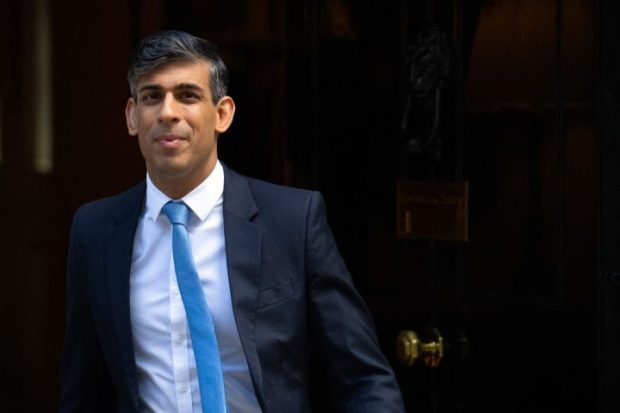
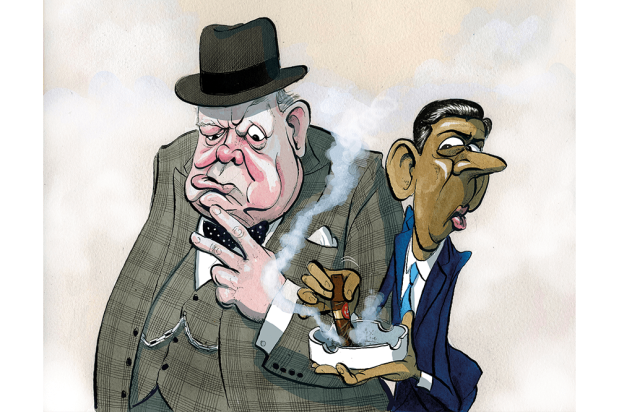
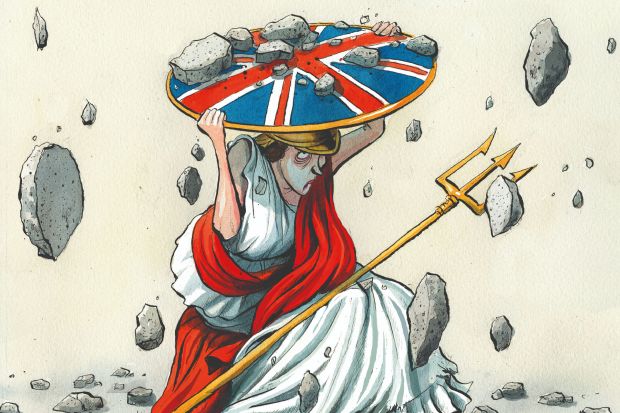
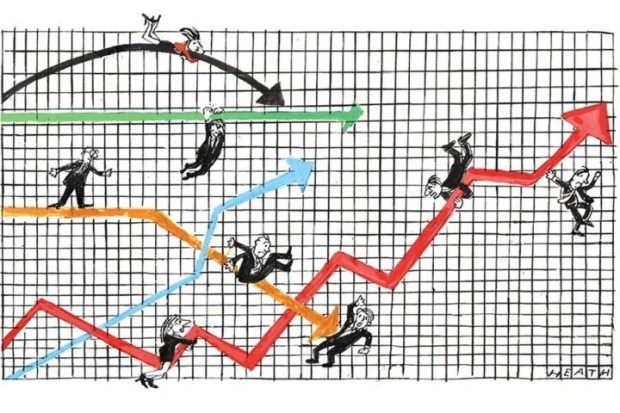
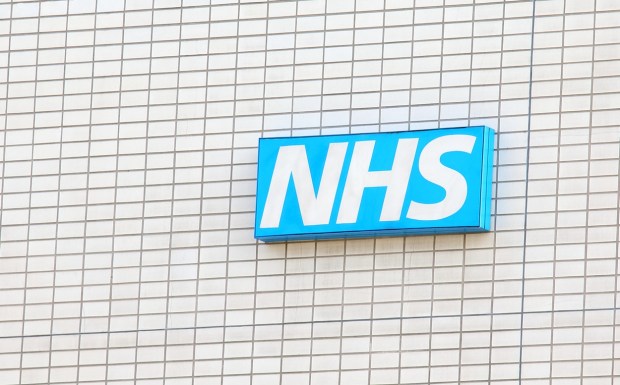













Comments
Don't miss out
Join the conversation with other Spectator Australia readers. Subscribe to leave a comment.
SUBSCRIBEAlready a subscriber? Log in